DropConfig

DropConfig: Open-Source Infrastructure Management
An open-source configuration management tool for automating provisioning and management of servers, networks, containers, storage and more with human-readable config files.
What is DropConfig?
DropConfig is an infrastructure automation and configuration management tool released under an open-source license. It allows system administrators and DevOps engineers to manage the configuration of servers, networks, containers, storage systems, and other infrastructure programmatically using code instead of manual processes.
Key capabilities and benefits of DropConfig include:
- Infrastructure as Code - Infrastructure is managed via code in simple, human-readable configuration files instead of complex scripts.
- Idempotent Resource Provisioning - Resources are provisioned based on declarations in config files that specify desired end state. Re-running configuration enables self-healing.
- Multi-Platform Support - DropConfig supports provisioning physical servers, VMs, container clusters, cloud infrastructure, networking gear, storage systems, and more across on-premise and public cloud environments.
- Modular Architecture - Custom plugins and integrations extend DropConfig's capabilities to meet organization-specific needs.
- Agentless - No agents needed to be installed on managed nodes, using native OS tools and APIs.
- Built-in Validation - Configuration files are validated before applying changes to ensure syntax is correct.
- Single Source of Truth - All infrastructure is described by config files which serve as the source of truth.
Companies like DropConfig because it allows them to treat all infrastructure as code, increasing efficiency, consistency, accuracy, and compliance across IT teams. It bridges the gap between traditional system administration and modern infrastructure automation principles.
DropConfig Features
Features
- Infrastructure as code
- Configuration management
- Automated provisioning
- Open source
- Human readable configuration files
- Manage servers, networks, containers, storage
Pricing
- Open Source
Pros
Cons
Official Links
Reviews & Ratings
Login to ReviewThe Best DropConfig Alternatives
Top Network & Admin and Infrastructure Management and other similar apps like DropConfig
Here are some alternatives to DropConfig:
Suggest an alternative ❐SQLite
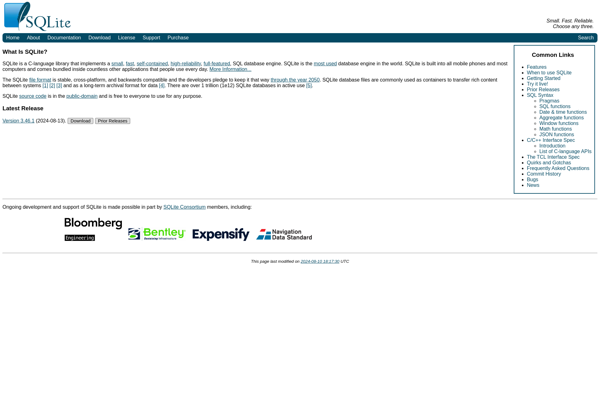
MongoDB
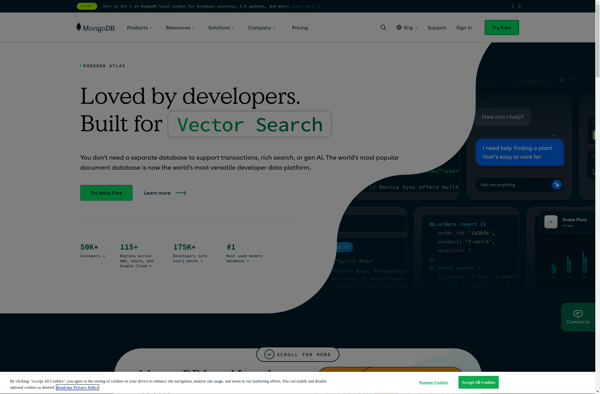
PostgreSQL
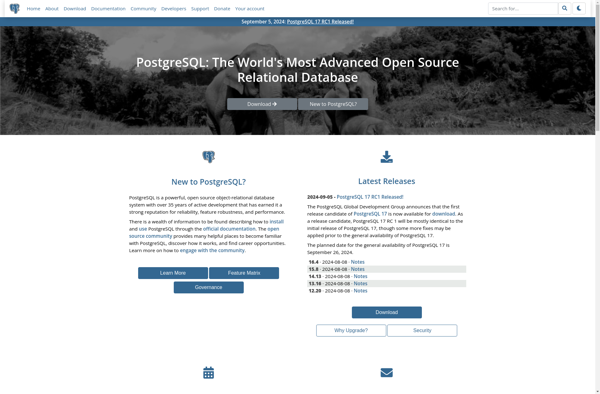
MySQL Community Edition
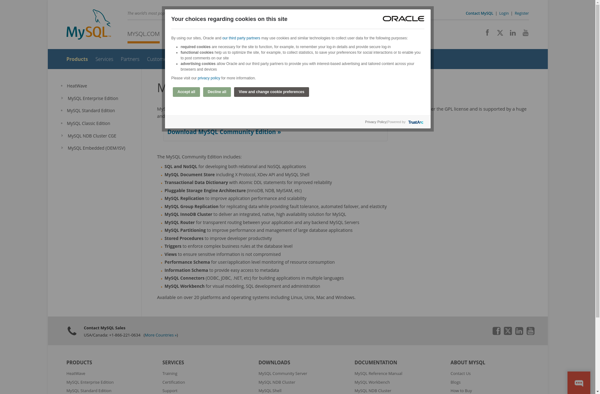
Firebase
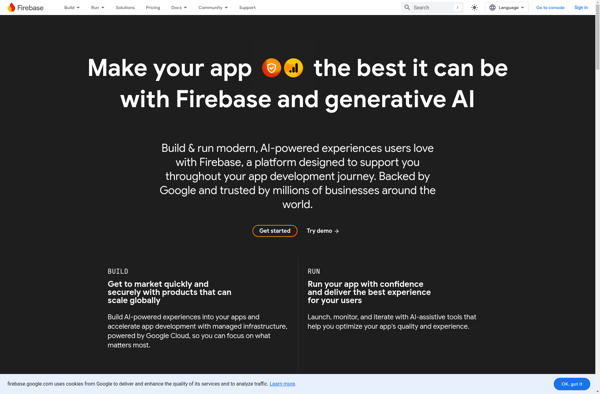
Supabase
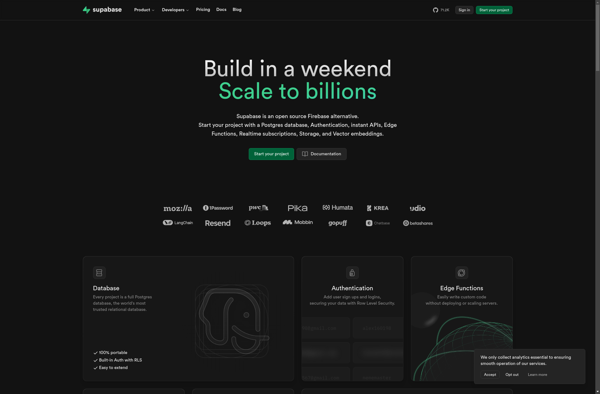
PlanetScale

Etebase
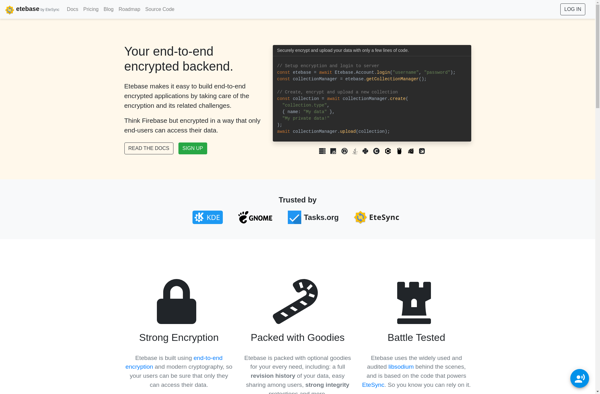
Couchbase

OrbitDB

EdgeDB
